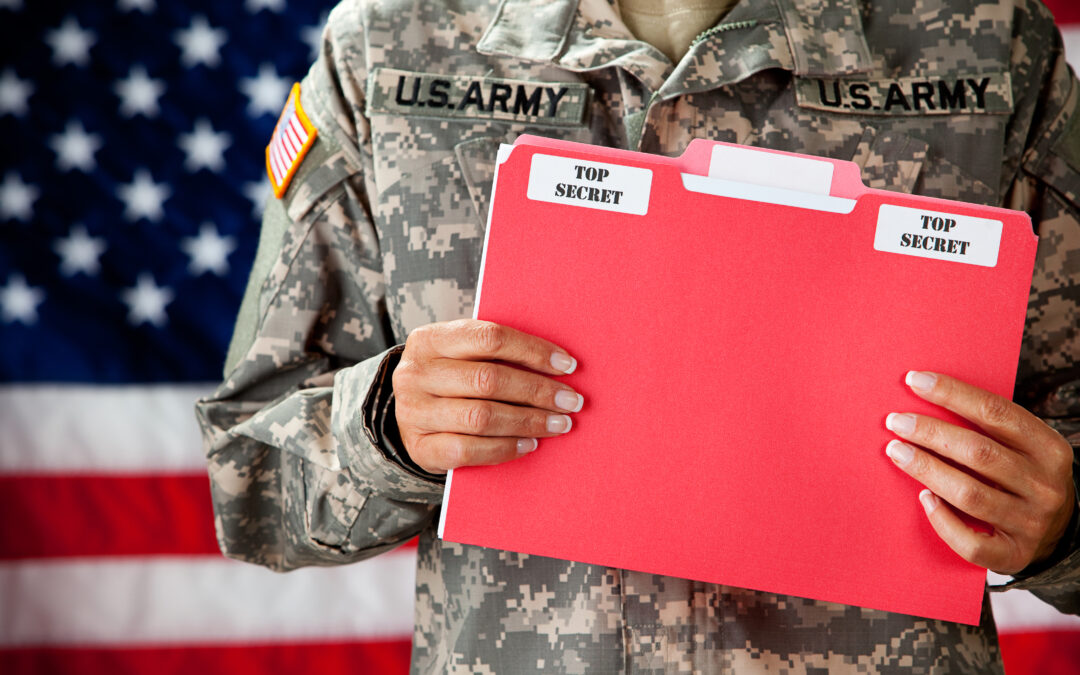A Sensitive Compartmented Information Facility (SCIF) is a secure area used for handling sensitive or classified information, primarily by government and military entities. The importance of SCIF security cannot be overstated due to several key reasons:
Protection of Classified Information: SCIFs are designed to prevent unauthorized access to classified information. This information can include national security secrets, military strategies, intelligence reports, and other sensitive data vital to a nation’s security. Preventing unauthorized access ensures that classified information remains confidential and is not compromised by adversaries or unauthorized personnel.
National Security: The protection of classified information is crucial for national security. Leaks or breaches of sensitive information can jeopardize ongoing operations, compromise intelligence sources, and undermine diplomatic efforts. SCIF security helps safeguard national interests by maintaining the confidentiality and integrity of classified information.
Prevention of Espionage: SCIFs are essential for preventing espionage activities by foreign governments or hostile entities. Access to classified information can provide adversaries with valuable insights into a nation’s capabilities, intentions, and vulnerabilities. By maintaining strict security protocols within SCIFs, governments can mitigate the risk of espionage and unauthorized disclosures.
Maintaining Trust and Credibility: Effective SCIF security measures demonstrate a government’s commitment to protecting sensitive information and upholding national security interests. This helps maintain trust and credibility with allies, partners, and the public. Assurance that classified information is handled securely enhances confidence in government institutions and fosters cooperation in intelligence-sharing and diplomatic endeavors.
Compliance with Regulations: Governments and military organizations are often subject to strict regulations and security standards regarding the handling of classified information. SCIFs provide a controlled environment that helps ensure compliance with these regulations, such as the U.S. Department of Defense’s (DoD) Security Technical Implementation Guides (STIGs) or the National Industrial Security Program Operating Manual (NISPOM).
Protection Against Cyber Threats: In addition to physical security measures, SCIFs also incorporate safeguards against cyber threats. This includes secure communication networks, encryption protocols, and cybersecurity measures to protect against hacking, data breaches, and electronic eavesdropping attempts.
Operational Continuity: SCIFs are essential for maintaining operational continuity during emergencies or crises. By providing a secure location for decision-making, communication, and coordination, SCIFs ensure that critical operations can continue even under adverse conditions, such as natural disasters or terrorist attacks.
Alarm Response: Alarm response is a critical component to securing a SCIF. Most SCIF operators require a human response within a specified period of time, usually 5-15 minutes. Many companies choose to employ a private security contractor to meet this response requirement during times when regular staff is off property. Choosing an established, reliable security provider is critical to ensuring operational continuity and timely alarm response.
In summary, SCIF security is paramount for safeguarding classified information, preserving national security, preventing espionage, maintaining trust and credibility, ensuring regulatory compliance, protecting against cyber threats, and enabling operational continuity. By implementing robust security measures within SCIFs, governments and military organizations can effectively mitigate risks and protect sensitive information from unauthorized access or disclosure.

